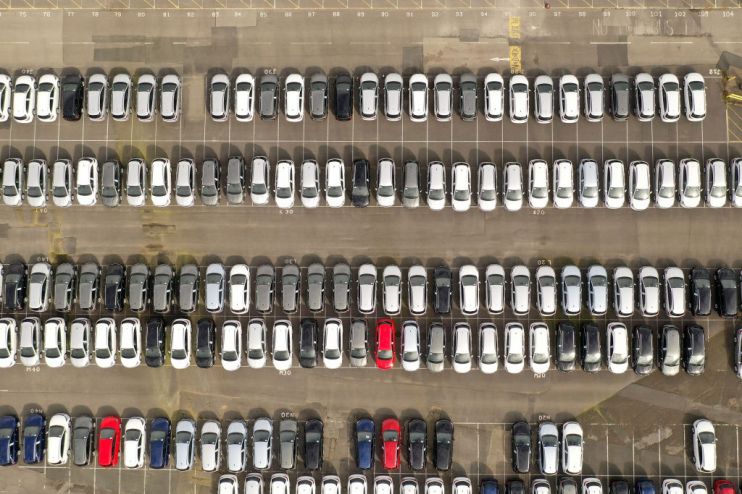Car ownership numbers fall for second consecutive year in more than a century

Car ownership levels have fallen for the second consecutive year in more than a century.
According to data from the Society of Motor Manufacturers and Traders (SMMT), in 2021 levels fell by 0.2 per cent to 35 million units despite the number of UK vehicles growing by 0.4 per cent to 40.5 million.
Covid-related market issues – including semiconductor shortages and lockdown-induced dealership closures – helped constraining the market.
As people held onto their old cars and avoided buying new ones, the average age of a vehicle hiked to 8.7 years.
“The first consecutive annual fall in vehicle numbers in more than a century shows how significantly the pandemic has impacted the industry, leading Britons to hold onto their cars for longer,” commented SMMT’s chief executive Mike Hawes.
“With fleet renewal essential to net zero, we must build consumer confidence in the economy and, for drivers, confidence in the charging infrastructure to get the transition into top gear.”
Commenting on the data, Hugo Griffiths, features editor at automotive online marketplace carwow said: “The fact car ownership has declined for the first consecutive year since the First World War is certainly eyebrow raising.
“Analysts had hoped supply-chain squeezes would begin to ease over the first half of this year, but this has not proven to be the case, and some insiders are predicting it may not be until 2024 that things return to normal.”
Despite overall levels dropping, electric vehicle (EV) ownership went up, as around 750,000 cars on the road right now are hybrid or plug-in.
“Britain’s switch to electric vehicles continues to gather pace, with a record one in five new car registrations now plug-ins,” Hawes added.
“However, they still represent around one in 50 cars on the road, so there is significant ground to cover if we are to fully decarbonise road transport at pace.”
EV uptake, the figures reported, changed dramatically depending on geographical location.
In London and the south-east, electric cars represent a third of the total while in the west Midlands they only amount to 1.5 per cent.